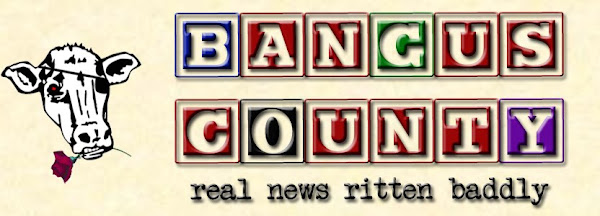Sam Delany at that point in time was one of the genre's young lions. He was racking up awards by the wheelbarrow full for brilliant novels like NOVA and THE EINSTEIN INTERSECTION and for short stories that bounced around in your brain long after you finished them, novels and stories that combined hard science with social problems that no one even dreamed of but somehow knew were coming. The word was that he was working on a massive new novel that would set the genre on its ear; then along came...DHALGREN.
Several months after DHALGREN was published I attended a science fiction convention that featured a panel discussion consisting of Pohl; Harlan Ellison, at the most prolific and creative high point of his career; and Joe Haldeman, who had published a couple of excellent books at that point and was highly regarded as an up-and-comer. One of the many nebbishes among those assembled asked the panel "What did you think of DHALGREN?" Ellison harped, "I hated it!", Haldeman shrugged and said, "I read it," and Pohl, looking down his nose at those assembled, answered, "I bought it." Whether or not he was sold a bill of goods is still a matter of contention today.
DHALGREN is a novel that is full of contradictions, conundrums, and conflicting emotions. I hated the book the first time I read it, over a quarter-century ago. I kept reading, waiting for something to happen, something to explain what was going on to these strange people who were somehow familiar, living in a city at the brink of chaos at the end of time, where natural laws were quietly being turned on their head. And it never happened. Reading it seemed to have been the biggest waste of time. The effects of reading DHALGREN resonate within my head to this day. I never read another of Delany's books again, after having been a major fan of his for years. And yet...I could still remember passages from the book, almost verbatim, years after reading them once. The book, the narrative, haunted like a nightmare you can't quite remember but is still oddly disturbing. So, about once a decade, I return to DHALGREN.
What is DHALGREN about? William Gibson's introduction to the new Vintage edition is as good and as honest as any I've ever read. Gibson admits that he doesn't understand DHALGREN and that it probably isn't meant to be understood. He describes it as a "prose city" and in so doing pretty much nails the book dead on. DHALGREN takes place in an urban landscape where the laws of nature have broken down and the laws of mankind have as well; there is no way to tell which breakdown preceded the other. It begins in medias res and ends the same way. The characters wander through its mad landscape with no particular effect, with nothing in particular to propel them along, other than the overriding drive to continue existence. Yet...Delany's skills as a wordsmith cannot be denied. The prose in DHALGREN is undeniably wonderful, a feast, an embarrassment of riches.
Taken as an appreciation of the power of language in the hands of a master, DHALGREN has few peers. As a story? Don't expect to understand it. It is simply there, an account, if you will, of a world and lives that may or may not exist, that may happen or may have happened already. At 800 pages, it is worth the time and effort for the beauty of its language.
--- Reviewed by Joe Hartlaub
© Copyright 1996-2010, Bookreporter.com. All rights reserved.





